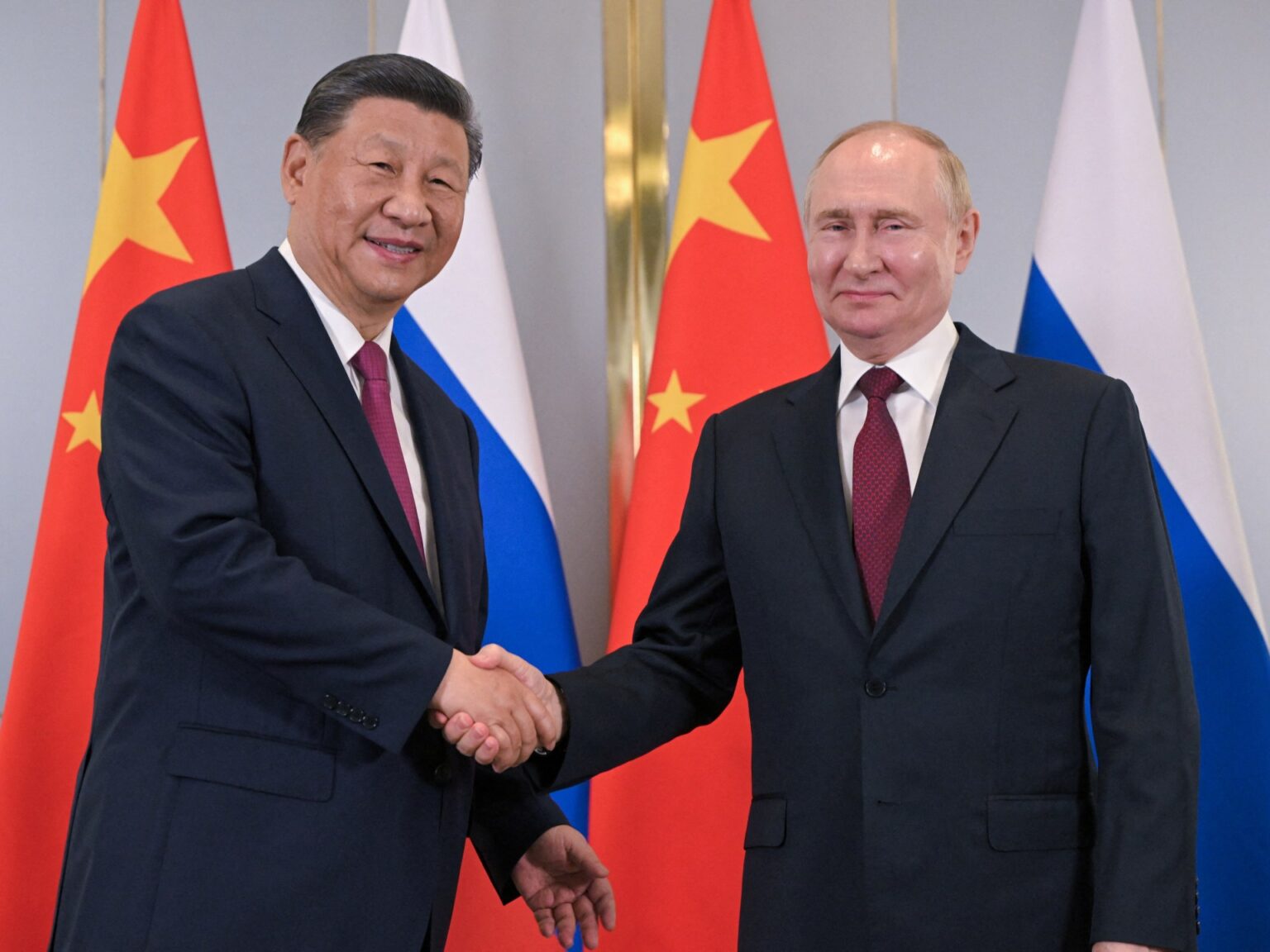Leaders Call for Resistance to External Influence at Shanghai Cooperation Organisation Summit
In a notable assembly at the Shanghai Cooperation Organisation (SCO) summit in Astana, Kazakhstan, Chinese President Xi Jinping and Russian President Vladimir Putin underscored the necessity for member countries to counter external influence, heralding a shift towards a multipolar world order. The summit, held on Thursday, aimed to bolster regional collaboration and present a unified front against what is seen as US dominance.
The SCO, an influential regional bloc established in 2001, has gained prominence as China and Russia push for a more balanced global power structure. The organization, comprising full members China, Russia, India, Iran, Kazakhstan, Kyrgyzstan, Uzbekistan, Pakistan, and Tajikistan, including newly incorporated Belarus, signifies an alliance that challenges Western hegemony. Representing about 40 percent of the world’s population and roughly 30 percent of global GDP, the SCO’s reach and influence are substantial.
Call for Unity and Cooperation
Addressing the summit, Xi Jinping emphasized the importance of solidarity among member states to resist external interference. "We should join hands to resist external interference, firmly support each other, take care of each other’s concerns, and firmly control the future and destiny of our countries and regional peace and development in our own hands," Xi remarked. He stressed that the SCO must align itself with the principles of fairness and justice to remain on the "right side of history."
In concord, Vladimir Putin highlighted the emergence of new political and economic power centers, celebrating Belarus’s recent admission to the SCO. "The multipolar world has become a reality," noted Putin, adding that the growing circle of states advocating for a just world order is increasingly asserting their legitimate rights and promoting traditional values.
Global and Regional Security
In a joint declaration issued by the Kremlin, the SCO highlighted "tectonic shifts in global politics" necessitating an enhanced role in ensuring global and regional security. The organization acknowledged the escalating use of force, violations of international law, and rising geopolitical confrontations and conflicts, which pose significant risks to worldwide stability, including the SCO region.
Furthermore, the summit’s final communique called for a "comprehensive and just settlement of the Palestinian question" and advocated an "early, complete and sustainable ceasefire" in Gaza. Though the declaration did not address Russia’s ongoing invasion of Ukraine or China’s tensions with Taiwan, it emphasized mutual respect for sovereignty, independence, and territorial integrity among states.
Growing Influence and Internal Disagreements
The SCO, although significant, faces internal challenges, notably territorial disputes among its members. The Russian invasion of Ukraine has intensified major powers’ interest in Central Asia, an area where Moscow aims to sustain its historic influence. Simultaneously, China has cemented strong regional ties through its Belt and Road Initiative, enhancing infrastructure and trade routes.
This strategically crucial region, rich in oil and gas and serving as a central transport corridor between Asia and Europe, also attracts Western interest. The final declaration from the SCO summit critiqued the "unilateral and unrestricted build-up" of missile defense systems by unnamed nations and regional alliances, a direct rebuke clearly directed toward the United States.
As the SCO spearheads a move towards multipolarity, the leaders’ message from this summit is clear: in a world of shifting power dynamics, unity against external influence and collaboration for common goals are vital for maintaining regional peace and development.
For more information, visit the Shanghai Cooperation Organisation official website.
